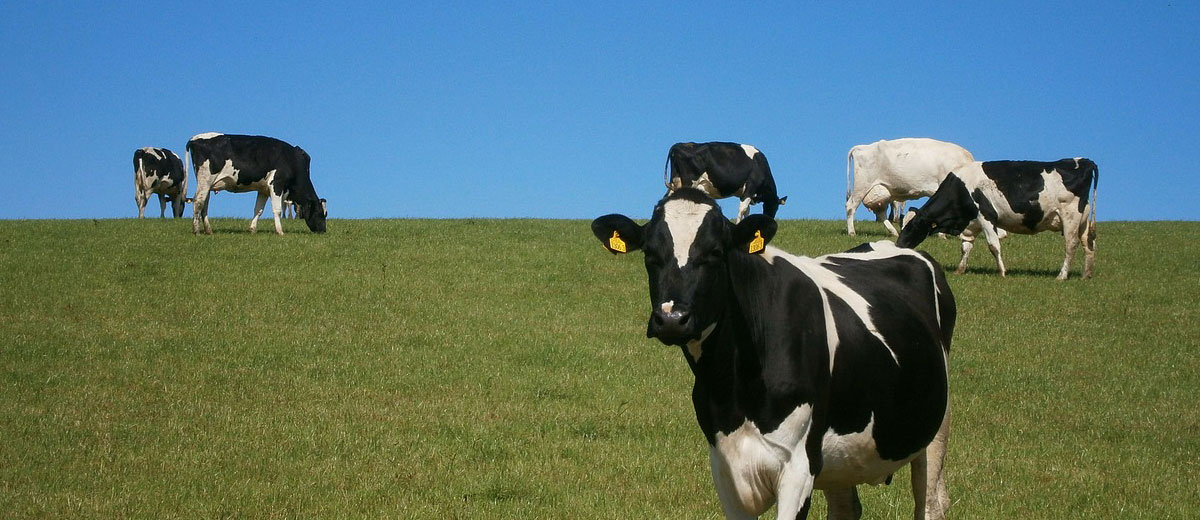
Denmark Introduces World’s First Carbon Tax on Agriculture to Combat Climate Change
Dairy farmers in Denmark will soon face an annual tax of 672 krone ($96) per cow due to their planet-heating emissions.
This week, the country’s coalition government agreed to implement the world’s first carbon emissions tax on agriculture, introducing new levies on livestock starting in 2030.
Denmark, a significant exporter of dairy and pork, relies heavily on agriculture, its largest source of emissions. The coalition’s agreement, which also includes a 40 billion krone ($3.7 billion) investment in reforestation and wetlands, aims to help Denmark meet its climate goals.
While the Danish dairy industry generally supports the agreement and its goals, it has angered some farmers.
This move follows recent protests across Europe, where farmers blocked roads and pelted the European Parliament with eggs, voicing complaints about environmental regulations and excessive red tape.
The global food system significantly contributes to the climate crisis, accounting for about a third of greenhouse gas emissions. Livestock farming, in particular, produced around 12% of global emissions in 2015, with methane from cows and other animals being a major contributor, according to the United Nations’ Food and Agriculture Organization.
The tax, expected to be approved by Denmark’s parliament later this year, will start at 300 krone ($43) per tonne of CO2-equivalent emissions from livestock in 2030, rising to 750 krone ($107) in 2035. A 60% tax break will apply, so farmers will effectively be charged 120 krone ($17) per tonne of livestock emissions per year from 2030, increasing to 300 krone ($43) in 2035.
On average, Danish dairy cows emit 5.6 tonnes of CO2-equivalent annually, according to Concito, a green think tank in Denmark. At the lower tax rate of 120 krone, this results in a charge of 672 krone per cow, or $96. With the tax break, this levy will increase to 1,680 krone per cow in 2035 ($241).
In the first two years, the tax proceeds will support the agricultural industry’s green transition, with a reassessment afterward.
The whole purpose of the tax is to get the sector to look for solutions to reduce emissions. For instance, farmers could modify their feed.
However, Danish farmers’ group Bæredygtigt Landbrug criticized the measures as a “scary experiment. They recognize that there is a climate problem but do not believe this agreement will solve the problems, because it will hinder agriculture’s green investments.
Peder Tuborgh, CEO of Arla Foods, Europe’s largest dairy group, called the agreement “positive” but emphasized that farmers “doing everything they can to reduce emissions” should not be taxed.
Kristian Hundeboll, CEO of DLG Group, a major European agricultural business owned by 25,000 Danish farmers, stressed the importance of aligning the tax with European Union legislation to maintain competitiveness. “Neither the climate, agriculture, nor the ancillary industries benefit from Denmark acting unilaterally,” he said.


































